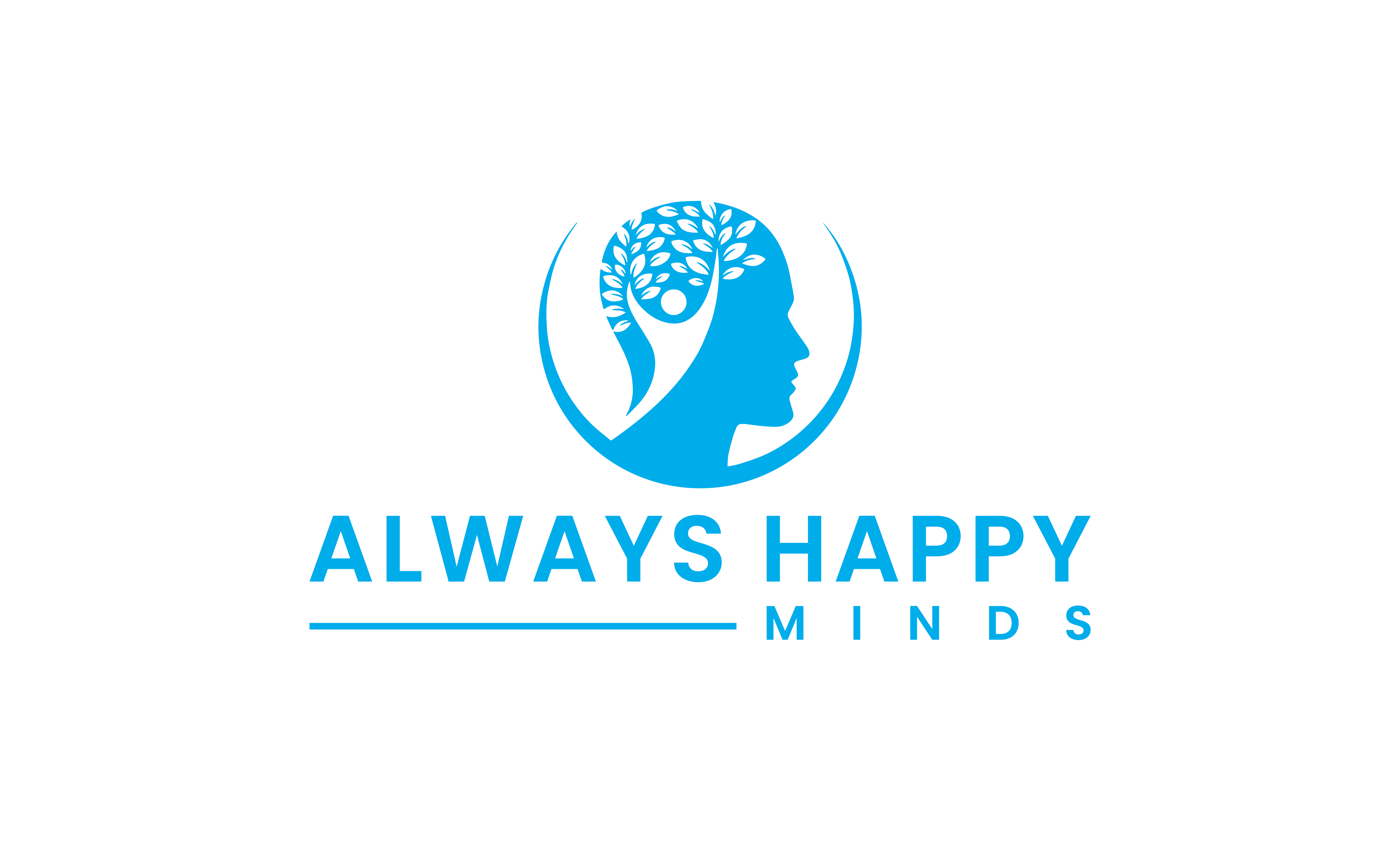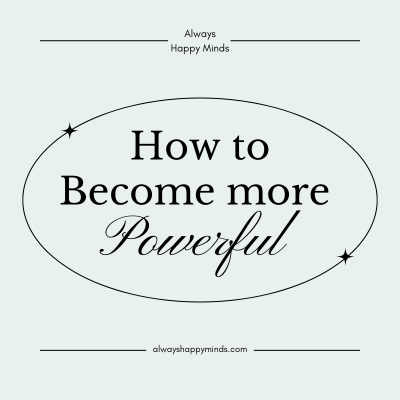In today’s digital age, social media has become an integral part of our daily lives. Platforms like Instagram, Twitter, Facebook, and TikTok provide instant access to global news, trends, and the lives of others. While these platforms offer opportunities for connection, entertainment, and learning, they also have a profound impact on our mental health, often in ways we may not fully recognize.
The question we need to ask ourselves is: Are we using social media in a way that supports our mental well-being, or are we allowing it to contribute to anxiety, stress, and even depression?
In this post, we will explore the positive and negative impacts of social media on mental health and provide practical strategies for navigating the digital world mindfully.
The Positive Side of Social Media
1. A Source of Connection
One of the most significant benefits of social media is its ability to foster connection. For individuals who may feel isolated due to geographical distance or social circumstances, social media provides an opportunity to stay in touch with friends and family. It can serve as a platform for maintaining relationships, building online communities, and even making new connections with people who share similar interests.
For those who may be going through difficult life experiences, online support groups can be a lifeline. Many mental health-focused communities exist on platforms like Reddit and Facebook, offering support, advice, and validation from others who understand.
2. Raising Awareness and Reducing Stigma
Social media has played a crucial role in raising awareness about mental health issues and reducing the stigma associated with seeking help. Influencers, mental health professionals, and everyday users are sharing their stories of struggle and recovery, helping to normalize conversations about anxiety, depression, and other mental health conditions. This openness has encouraged more people to seek therapy, practice self-care, and approach mental health as a critical part of overall well-being.
3. Access to Mental Health Resources
Beyond personal stories, social media also provides access to a wealth of mental health resources. From informative posts by psychologists to quick mindfulness exercises, users can find helpful tools to support their mental health. Apps like Calm and Headspace have built entire communities around mental well-being, using social platforms to engage their audience with tips for stress reduction, sleep improvement, and mindfulness practices.
The Dark Side of Social Media
While social media offers numerous benefits, it also has a darker side that can negatively affect mental health. Unfortunately, its design to captivate attention and encourage constant engagement can lead to various psychological issues, including anxiety, depression, and low self-esteem.
1. Comparison Culture
One of the most significant negative impacts of social media is the culture of comparison it fosters. As we scroll through perfectly curated feeds of influencers, celebrities, and even friends, it becomes easy to compare our lives to the highlight reels we see online. This “comparison trap” can lead to feelings of inadequacy, envy, and self-doubt. We may start to question our own accomplishments, appearance, and happiness in comparison to the seemingly flawless lives of others.
Studies have shown that frequent use of social media, particularly platforms like Instagram, can increase feelings of loneliness and depression, as users are more likely to compare themselves unfavorably to others.
2. Fear of Missing Out (FOMO)
Another common issue linked to social media is the “fear of missing out” or FOMO. Seeing others attend exciting events, travel to exotic destinations, or achieve career milestones can trigger feelings of exclusion or inadequacy. Even though we logically know that social media doesn’t reflect the full picture of someone’s life, the constant stream of updates can make us feel like we’re not living up to societal expectations.
FOMO can lead to increased anxiety, as people feel compelled to stay constantly connected to avoid missing something important or exciting. This, in turn, can exacerbate stress levels and negatively impact overall well-being.
3. Cyberbullying and Negative Interactions
Unfortunately, the anonymity and distance provided by social media platforms can lead to negative interactions, such as cyberbullying. Harassment, trolling, and mean-spirited comments can severely impact an individual’s self-esteem and mental health. Research has found that cyberbullying victims are more likely to experience symptoms of depression, anxiety, and, in extreme cases, suicidal thoughts.
Even for those not directly targeted, exposure to negative news or toxic content online can contribute to a more pessimistic and anxious mindset.
4. Addiction and Overuse
Another significant concern is social media addiction. Platforms are designed to keep users engaged for as long as possible, often through infinite scroll features, notifications, and dopamine-triggering “likes” and shares. This can lead to compulsive checking of social media, even at the expense of work, relationships, and self-care.
Excessive use of social media has been linked to disrupted sleep patterns, decreased productivity, and heightened stress. The constant need for validation through likes and comments can also lead to feelings of anxiety and self-worth being tied to online approval.
How to Use Social Media Mindfully
Given the potential risks and benefits of social media, it’s important to develop a mindful approach to its use. By setting healthy boundaries and practicing self-awareness, you can use social media in a way that supports your mental health rather than detracting from it.
1. Set Time Limits
One of the most effective ways to prevent overuse is to set daily time limits for social media use. Many smartphones now have built-in features that allow you to track and limit your time on specific apps. Setting boundaries can help prevent the compulsive scrolling that often leads to negative mental health effects.
2. Curate Your Feed
Be intentional about the content you consume. Unfollow accounts that make you feel anxious, insecure, or unhappy, and instead follow accounts that promote positivity, mental health awareness, and self-care. Your feed should inspire and uplift you, not lead to negative comparisons or feelings of inadequacy.
3. Practice Digital Detoxes
Regularly taking breaks from social media can help you reset and reconnect with yourself. A digital detox can be as simple as turning off notifications for a day or as involved as deleting social media apps for a week. During this time, focus on activities that bring you joy, such as reading, spending time outdoors, or engaging in hobbies that don’t involve screens.
4. Be Mindful of How You Feel
Pay attention to how social media affects your mood. If you notice that you feel more stressed, anxious, or unhappy after spending time online, take a step back and assess your habits. Mindfulness techniques, such as deep breathing and grounding exercises, can also help you stay present and avoid getting caught up in negative online interactions.
Final Thoughts
Social media has become an undeniable part of modern life, and its impact on mental health is complex. While it offers opportunities for connection, learning, and support, it can also contribute to anxiety, comparison, and addiction. By using social media mindfully, setting boundaries, and curating a positive online environment, you can harness its benefits while protecting your mental health. Remember, your well-being should always come first, both online and offline.

